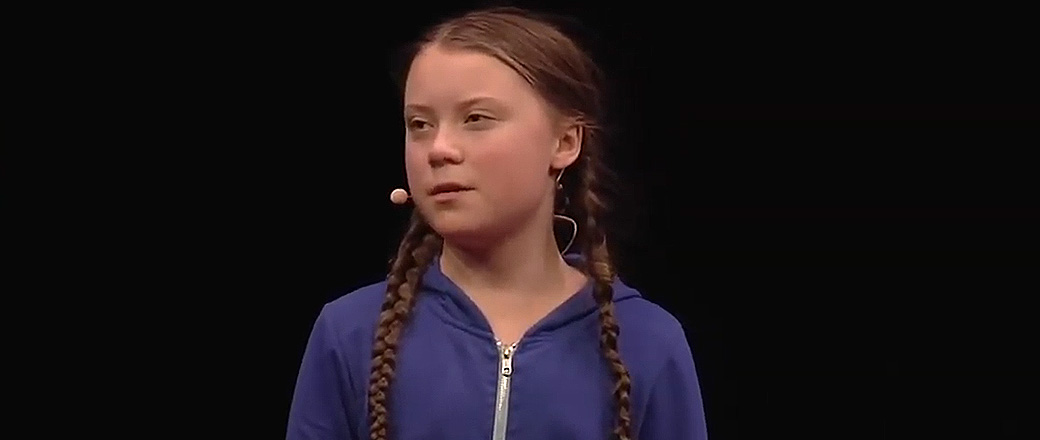The Australian Psychological Society (APS) has labelled climate change the “greatest health threat of the 21st century.”
Thus, according to the APS website, “climate change is as much a psychological and social problem as it is an environmental or ecological catastrophe.”
In fact, approximately 30% of people affected are said to be at risk of suffering mental health problems, such as, “PTSD, depression, complicated grief, followed by substance use, and other anxiety disorders.”
Naturally, one must wonder just how much of this climate debate we should be heaping on the backs of young, vulnerable children.
In recent weeks, we’ve seen countless kids protesting, some of them in tears, anxious and fearful that they’ll be dead within 18-months to 12-years if governments do not take immediate action. And who can blame some of them? It’s the adults, the people they trust the most, who are feeding these fears.
According to John Fraser, a psychologist and chief executive of NewKnowledge, a social science think tank that studies health and the environment: “A lot of people, when they talk to kids, are processing their own anxiety and fears. Do you think kids won’t be scared, too? As a culture, we haven’t developed good tools to talk about these things.”
Take Greta Thunberg, for instance. Last year, the teen climate activist told an audience at a TEDx conference how at just 11-years-old, her fear of global warming drove her to sickness and depression, resulting in the child losing about 10kg of weight in just two months.
Think about that. An 11-year-old losing 10kg in two months because the adults around her convinced her that the sky is falling. It’s hard not to feel for Greta, especially if she’s been conditioned to think this way for over five years of her childhood.
If we love the world and want to save it, raising the next generation with as few mental health issues as possible is a good start.





















